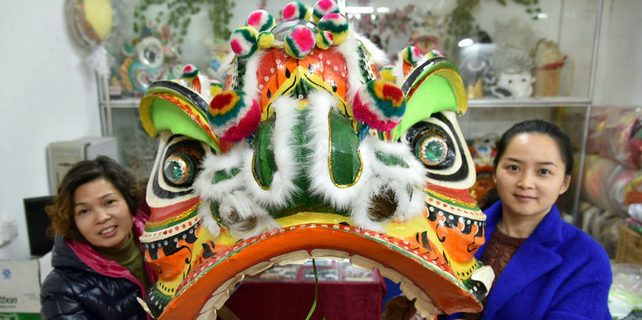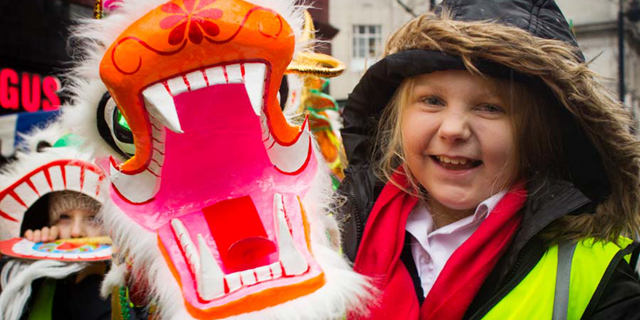Bull-taming tradition resumes in southern Indian state
ALLANGANALLUR, India - In the darkness just before dawn, the southern Indian town buzzed with excitement and energy as revelers began arriving for the spectacle of Jallikattu, the region's version of running with the bulls.
The deeply held religious ritual had been banned in Tamil Nadu for two years after India's Supreme Court found it cruel. Jallikattu returned to Tamil Nadu in January after tens of thousands of people protested for weeks and forced the government to rush new legislation exempting it from animal cruelty laws.
And so the revelry returned to Alanganallur village in Madurai district, one of the main areas steeped in the tradition.
The spectators began arriving at the main arena, along with all the elements that create a carnival in small-town India - the tiny stalls selling hot tea and coffee, cold drinks and fried snacks. Policemen with sniffer dogs secured the venue. Then the trucks with the bulls arrived.
First bulls from the local temples are worshipped and decorated with flowers. They gently amble through the crowds and no one is allowed to tame them.
Then the serious bull-running begins.
By the end of the day, hundreds of bulls were let loose through the wildly excited crowds, with people trying to grab the bull by its hump and hang on to the terrified, bucking animal for at least a hundred meters.
One by one the bulls are led from a pen to a corridor into the packed arena. The bull runs into the crowds as spectators cheer and commentary is broadcast.
Some bull runs are clean, others more chaotic like when a bull ran back to the pen, surprising its trainers who had to hop onto a fence.
Some bulls run fast, others defy the tamers and try to gore. The adrenaline rises and tamers argue after a failed catch or a scuffle.
If the tamers can control the angry, panicking animal they win. If a bull can't be tamed, the prize, everything from pots and pans to flat-screen TVs and even small cars, goes to its owner.
For 18-year-old Santosh, who goes by one name, Friday was a lucky day. Of the six bulls his family brought to the Jallikattu event at Allanganallur, at least five weren't controlled by a tamer. Now the family gets to go home with five gold coins, 5,000 rupees ($75) and sundry household items.
The bulls that his family trains through the year are fed a special diet and don't have to work the land.
Trainers like Santosh see the bulls they train as special animals, part of a sacred ritual that symbolizes Tamil culture and a centuries-old religious ritual performed during the four-day "Pongal," or winter harvest festival.
Animal rights activists petitioned the courts for a ban because they say bulls brought to Jallikattu have chili powder rubbed into their eyes and have their tails broken as tamers try and ride them. Locals say the animal cruelty claims are exaggerated and bulls in the Jallikattu ritual have a better life than bulls used to work the land.
When a much-loved prize bull dies, it's mourned and given a proper funeral. A temple bull is buried within the temple compound.
What it finally comes down to is how strongly the ritual is etched in the psyche of the Tamil.
For tamer Arun Kumar, the return of the tradition is an emotional moment. "Catching a bull is one of the top moments for me. It's a sign of pride for me and my family."
















